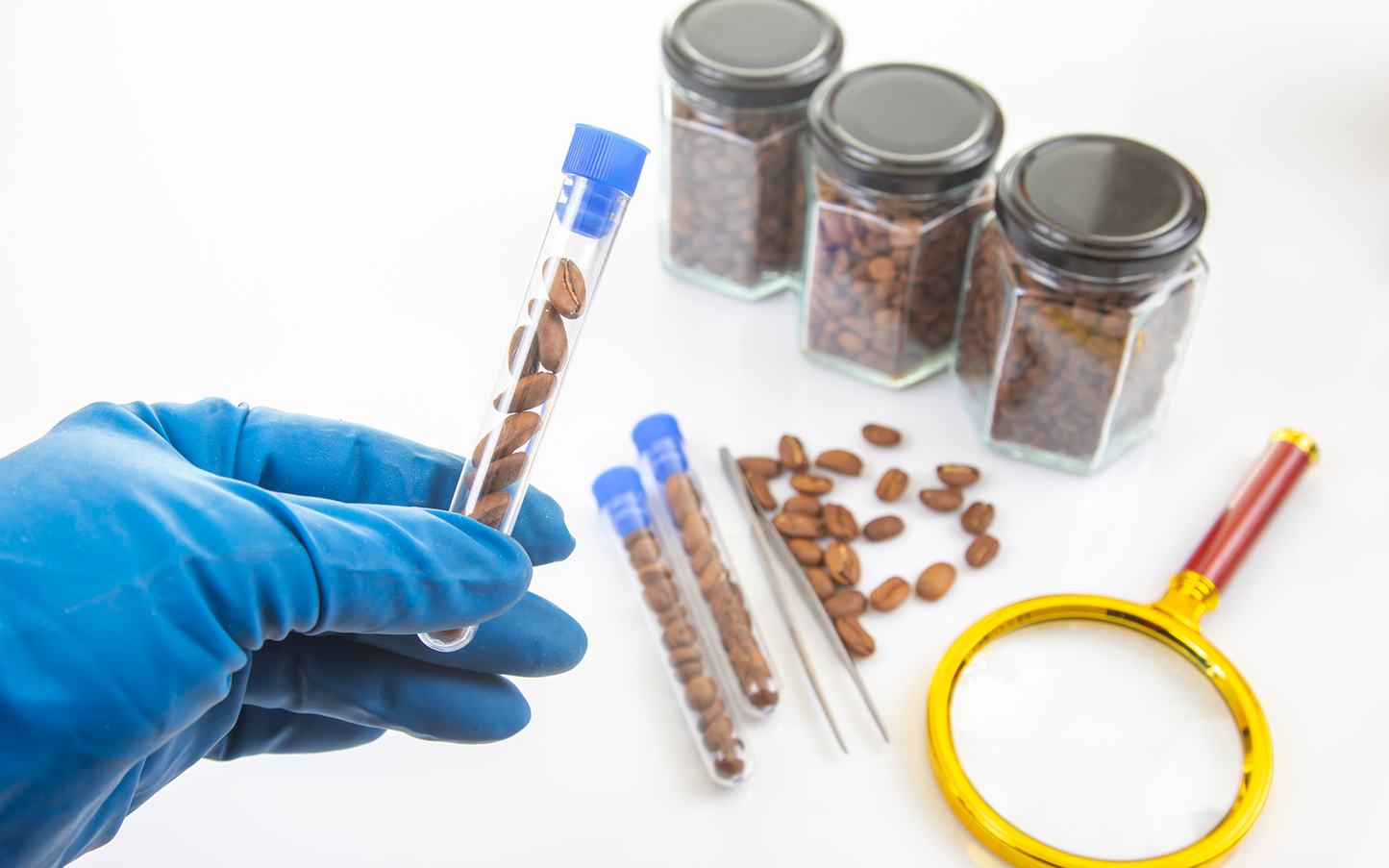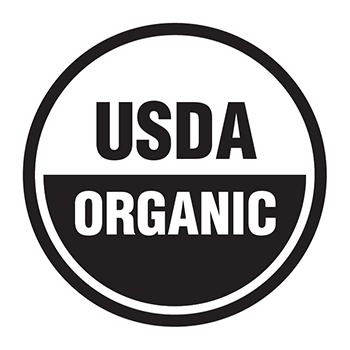Buy your weekday smoothies and get your weekend ones for free. (7 for the price of 5!)

USDA ORGANIC CERTIFICATION PROGRAM
The USDA Organic certification program for coffee farms is a rigorous, multi-step process designed to ensure that coffee is grown and processed according to strict organic standards. It’s not just about avoiding chemicals, it’s about building a sustainable ecosystem from soil to shipment.
WHY DOES TRUISTA TEST USDA ORGANIC CERTIFIED COFFEES THAT ARE ALREADY CERTIFIED?
USDA Organic certification is an important and necessary starting point for ensuring your coffee is grown without harmful chemicals. But let’s be honest, paperwork alone isn’t enough.
Labels can be forged. Records can be manipulated. And even with the best intentions, contamination can slip through the cracks. That’s why at Truista, we don’t just trust the process; we verify it.
The following are contaminants that are NOT routinely tested in USDA Certified Organic Coffee.

Heavy metals like lead, cadmium, mercury or arsenic in soil or finished products.
Acrylamide (formed during roasting). A chemical byproduct of high-heat roasting. Not regulated or tested under USDA Organic.
Mycotoxins (e.g., Ochratoxin A). Mold-related toxins that can develop during poor drying or storage. Not routinely tested unless a brand chooses to do so.
Pesticide Residues from Drift or Cross Contamination USDA Organic prohibits synthetic pesticides, but residues can still appear due to drift from nearby conventional farms or contaminated water sources.
Verification through science is what builds real trust. That’s why Truista is different. We hold ourselves accountable to a higher standard. Because you deserve transparency, integrity, and coffee that’s as honest as it is delicious.
*Tested under ISO/IEC 17025:2017. Acrylamide present at the lowest levels detectable by accredited lab methods at time of testing liquid coffee sample brewed at 1.25% TDS.


















